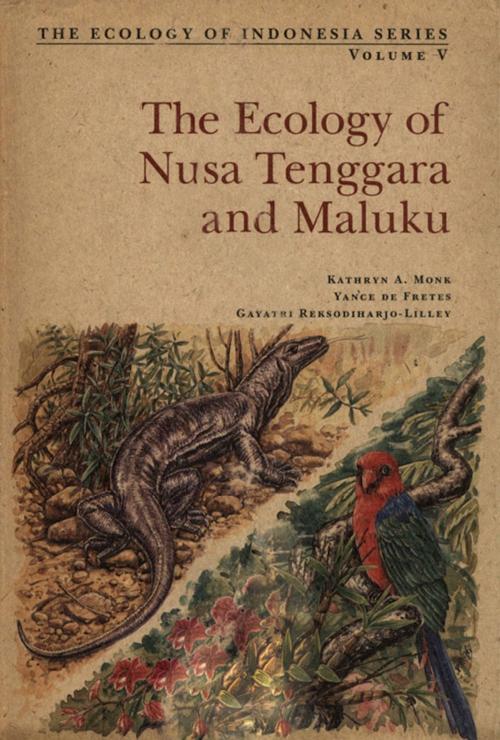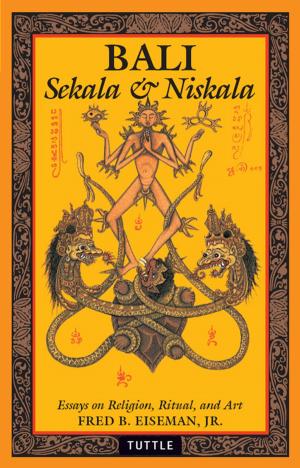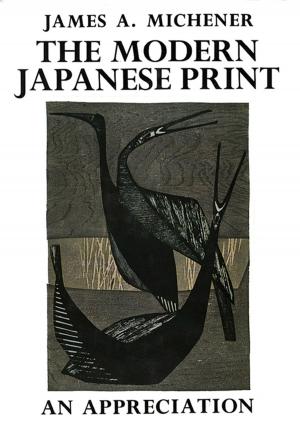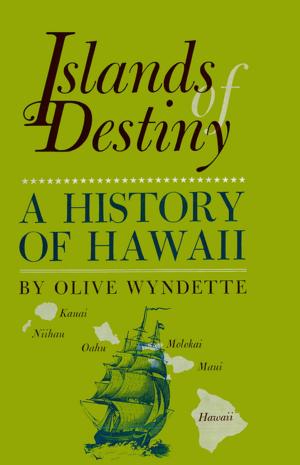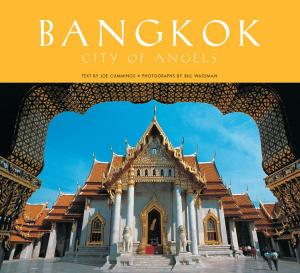Ecology of Nusa Tenggara
Nonfiction, Travel, Asia, Southeast, Science & Nature, Nature, Environment, Ecology| Author: | Yance De Fretes, Kathryn Monk | ISBN: | 9781462905065 |
| Publisher: | Tuttle Publishing | Publication: | June 5, 2012 |
| Imprint: | Periplus Editions | Language: | English |
| Author: | Yance De Fretes, Kathryn Monk |
| ISBN: | 9781462905065 |
| Publisher: | Tuttle Publishing |
| Publication: | June 5, 2012 |
| Imprint: | Periplus Editions |
| Language: | English |
The Ecology of Nusa Tenggara and Maluku is a comprehensive ecological survey of a series ecologically diverse islands in the Pacific.
It contains extensive baseline data on the region’s people, ecosystems, biodiversity and land use, and discusses these in a historical as well as a developmental context. It also provides guidelines for scientific researchers on worthwhile ecological and socio-economic research projects.
This region is the most diverse in Indonesia. Its myriad islands range from small atolls to active volcanic islands rising 3,500 meters above sea level. Each province has extensive coastlines-only 10 percent of the province of Maluku is land. The seas include shallow continental shelves and some of the deepest sea basins in the world. The complexity and vulnerability of these islands mean that development and environment are inextricably linked. If this is not understood and acted upon, there is no possibility for the ecologically sustainable development of Nusa Tenggara and Maluku.
The Ecology of Nusa Tenggara and Maluku is a comprehensive ecological survey of a series ecologically diverse islands in the Pacific.
It contains extensive baseline data on the region’s people, ecosystems, biodiversity and land use, and discusses these in a historical as well as a developmental context. It also provides guidelines for scientific researchers on worthwhile ecological and socio-economic research projects.
This region is the most diverse in Indonesia. Its myriad islands range from small atolls to active volcanic islands rising 3,500 meters above sea level. Each province has extensive coastlines-only 10 percent of the province of Maluku is land. The seas include shallow continental shelves and some of the deepest sea basins in the world. The complexity and vulnerability of these islands mean that development and environment are inextricably linked. If this is not understood and acted upon, there is no possibility for the ecologically sustainable development of Nusa Tenggara and Maluku.
